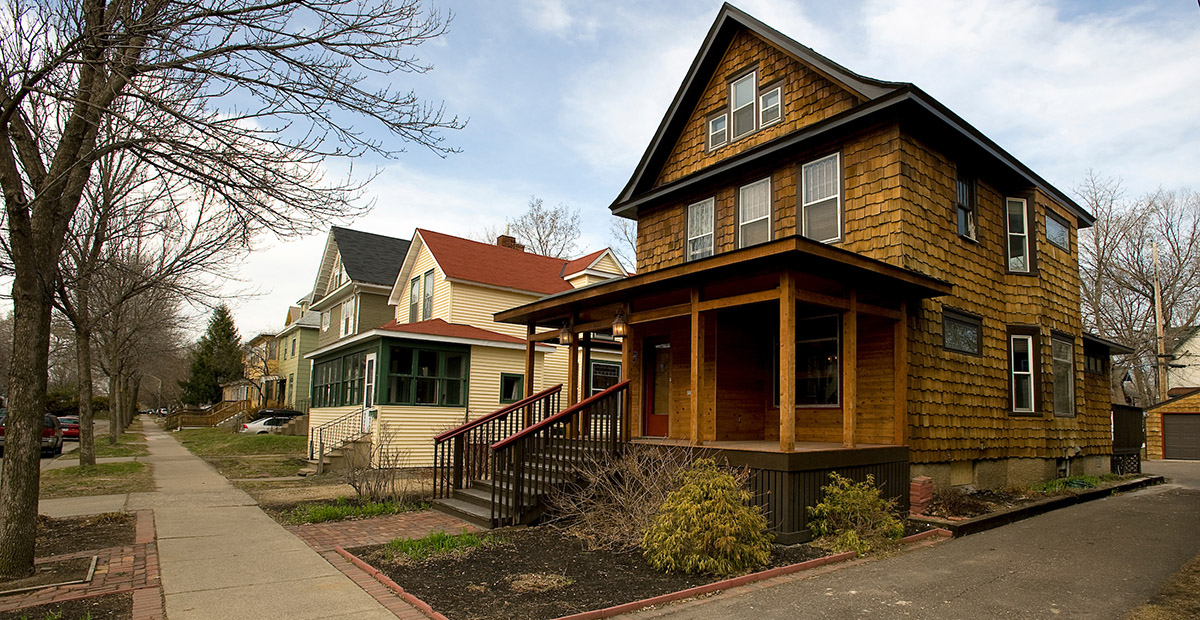As the statewide order to stay at home helps to reduce Minnesotans’ exposure to the coronavirus, two University of Minnesota researchers see a different risk cropping up.

“This is the perfect storm for sexual and domestic violence, unfortunately,” says Ruby Nguyen, associate professor of epidemiology and community health in the University of Minnesota’s School of Public Health. “The stay-at-home order gives very little flexibility for a victim to leave his or her environment.”
Nguyen and Lynette Renner, an associate professor of social work in the College of Education and Human Development, are investigating how best to provide sexual and intimate partner/domestic violence services in Minnesota during an unprecedented time when the need for them is rising, but resources are dwindling. Their project is supported by a COVID-19 Rapid Response Grant from the Office of the Vice President for Research and matching funds from the Minnesota Population Center.
More than 35 percent of women in the US experience violence from an intimate partner in their lifetime, according to a Minnesota Department of Health report. Intimate partner/domestic violence can take many forms, ranging from verbal abuse and controlling behaviors to physical or sexual assault. Financial troubles (such as from losing a job or unemployment benefits), family responsibilities (like caring for children around the clock), and substance use (especially heavy drinking) can all increase the risk of both intimate partner/domestic and sexual violence.
While there’s evidence that these stressors are more common during events like natural disasters and economic recessions, Nguyen said this pandemic creates a unique situation where so much time is spent in the home.
“What a pandemic does is provide all the risk factors for increased violence,” says Nguyen. “We also have the stay-at-home order, so survivors are now nearer to their abusers. Lastly, we have a shortage of direct service providers, and some are apparently considering shuttering their doors.”
To address this unique circumstance, Nguyen and Renner will first gauge the current needs of the Minnesota organizations that provide domestic or sexual violence services, which are often community-based nonprofits funded by state and federal grants, along with donations. These organizations either conduct outreach to prevent violence or directly help survivors through services like emergency hotlines, women’s shelters, and access to legal advocacy. Nguyen said the pandemic has already had a drastic impact on their operations, leaving them with fewer volunteers and donations.
Next, the researchers will collect data from across the state on the number and types of requests for assistance. Using that information, they can begin to provide data and strategies for better serving people across the state with the limited resources available while working with collaborators such as the Minnesota Department of Health.
There may be opportunities, for example, to create a centralized hotline for survivors across the state, instead of having multiple hotlines running in different regions. Another possibility could involve repurposing funds originally intended for something else to instead cover a taxi ride or hotel room if a person experiencing severe domestic or sexual violence needs to quickly leave their home and reach a safer place and a shelter bed is not available.
Throughout the project, Nguyen’s public health expertise will help the team understand the incidence and prevalence and risk factors at play, while Renner’s social work experience will aid them in understanding the needs of service providers and how to advocate for policy changes. Together, their work can play a valuable role helping legislators decide how to fund domestic and sexual violence services not just right now, but going forward—an important consideration given the possibility of a coronavirus resurgence in the fall.
“Agencies have said that they are ill-prepared for an emergency, whether a natural disaster, a drastic slash in funding, or another round of COVID,” says Nguyen. With the new data, “we would hope that they feel more prepared for the next time if it happens.”
Reprinted with permission from the U of M Office of the Vice President for Research

